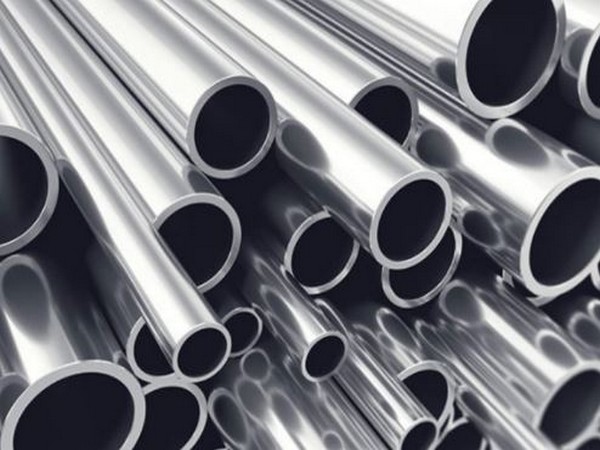India has recently launched an anti-dumping investigation into imports of Cold Rolled Non-Oriented Electrical Steel from China. This investigation was initiated based on an application filed by POSCO Maharashtra Steel Pvt. Ltd. and CSCI Steel Corporation India Pvt. Ltd. on behalf of the domestic industry. The applicants have alleged that the imported steel from China is being sold at unfairly low prices, causing harm to the domestic industry. As a result, they have requested for the imposition of anti-dumping duties on these imports.
Anti-dumping duties are taxes imposed on imported goods to offset the price difference between their export price and their normal value. In this case, the product under investigation is Cold Rolled Non-Oriented Electrical Steel, which is used in a variety of applications such as home appliances, large generators, and industrial motors. The applicants claim that the imported goods are identical to those produced domestically, making them technically and commercially substitutable. Therefore, for the purpose of the investigation, the goods produced by the domestic industry are being treated as ‘like article’ to the imported goods from China.
The Indian authorities have requested comments from the parties involved in the application within 15 days of the initiation of the investigation. This process is part of India’s efforts to protect its domestic industry from unfair competition and to ensure a level playing field for all players in the market. It is crucial for the government to investigate allegations of dumping and take appropriate measures to safeguard the interests of local producers.
Dumping is the practice of selling goods in a foreign market at prices lower than their normal value, often with the intention of gaining a competitive advantage. This can harm domestic producers by undercutting their prices and forcing them out of the market. Anti-dumping duties are a tool used by governments to prevent such unfair trade practices and to protect domestic industries from being harmed by dumping activities.
In this case, the Indian government is taking proactive steps to investigate allegations of dumping and to determine whether anti-dumping duties should be imposed on imports of Cold Rolled Non-Oriented Electrical Steel from China. By initiating this investigation, the government is sending a strong message that it is committed to enforcing fair trade practices and protecting its domestic industry from unfair competition.
In conclusion, India’s anti-dumping investigation into imports of Cold Rolled Non-Oriented Electrical Steel from China is a significant development in the country’s efforts to combat unfair trade practices and protect its domestic industry. By taking action against dumping activities, the government is working to ensure a level playing field for all players in the market and to safeguard the interests of local producers. It will be interesting to see the outcome of this investigation and the measures that will be taken to address any harm caused to the domestic industry.











